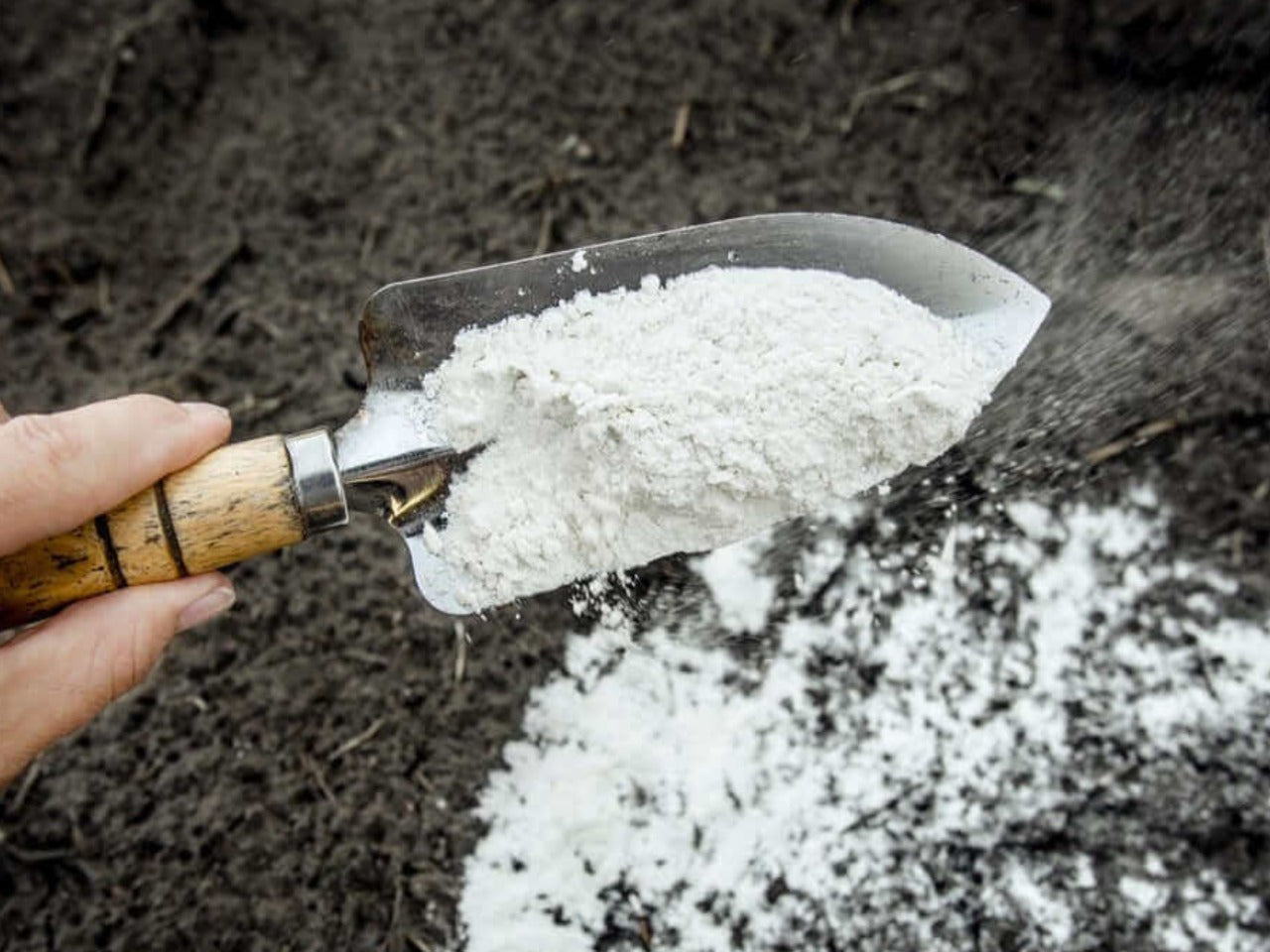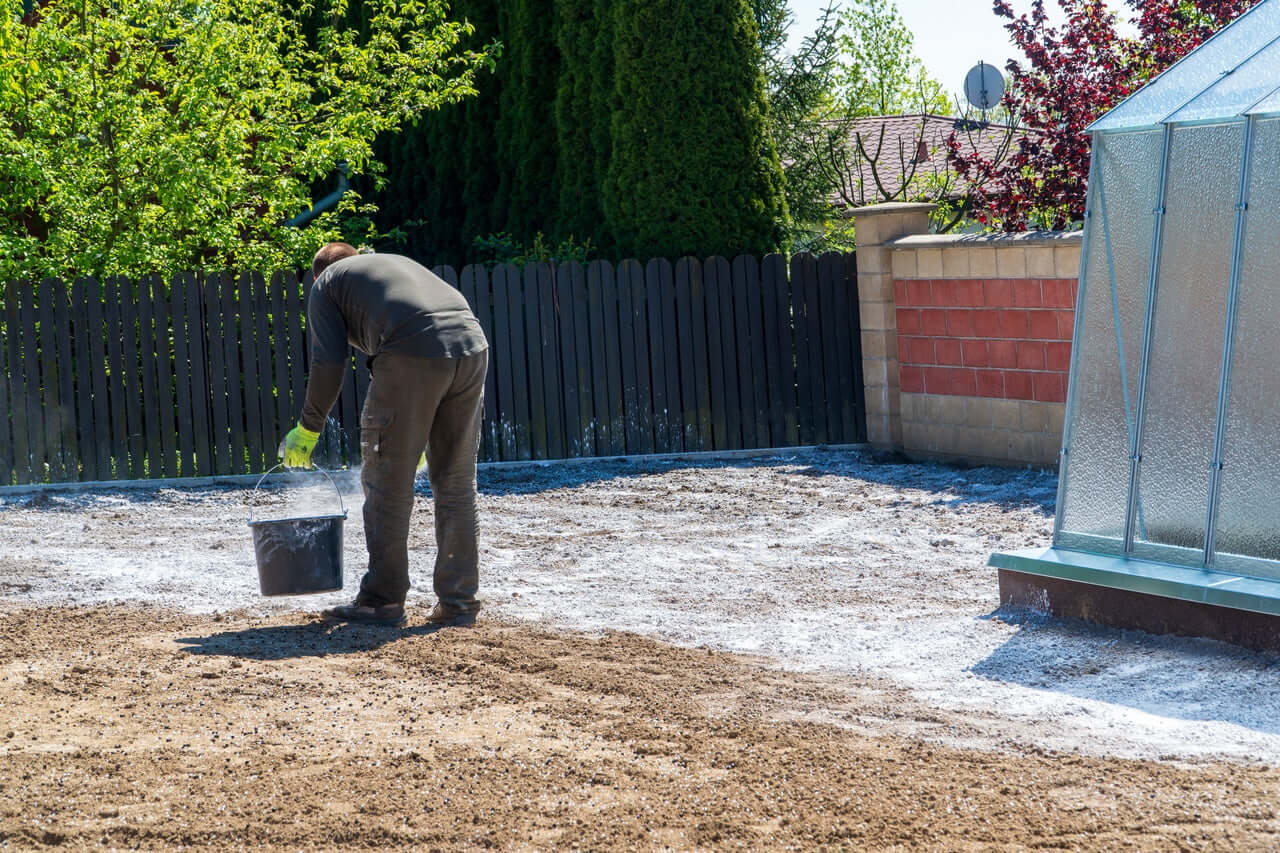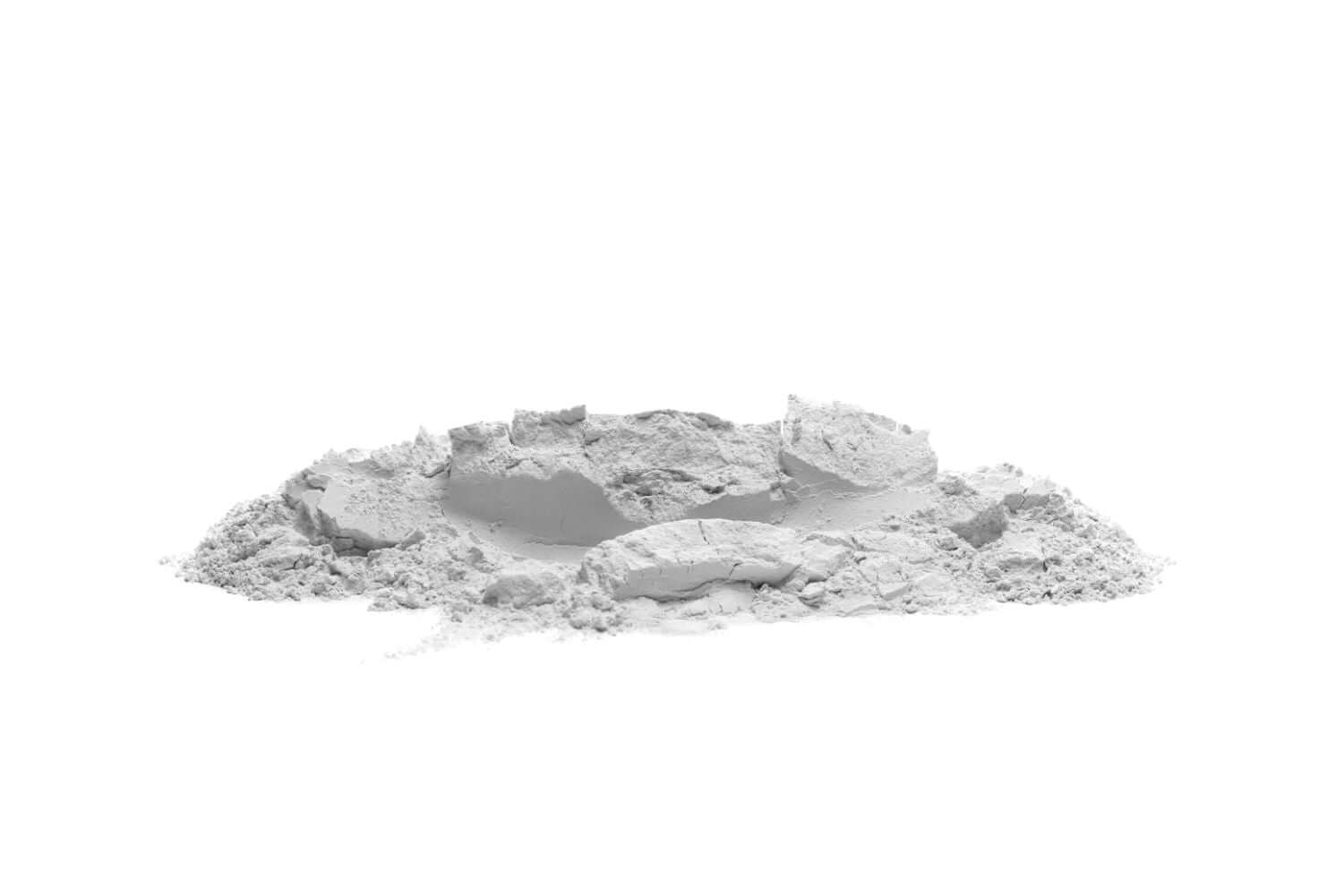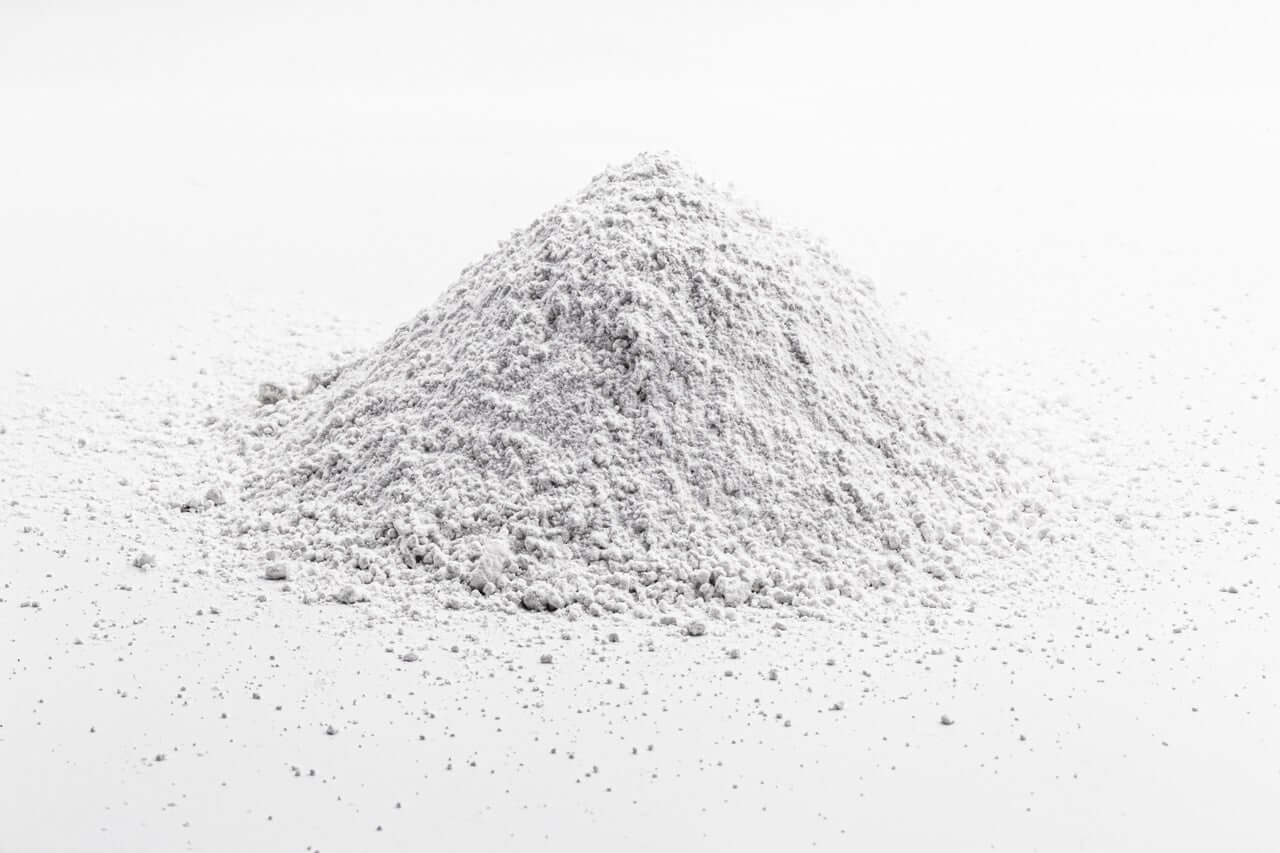



Mixture calomita and agricultural plaster
Homogeneous mixture of Dolomita and agricultural plaster designed to offer a comprehensive solution in the improvement and correction of soils, providing essential nutrients and optimizing the pH of the soil.
Composition:
- 50% calcium sulfate (agricultural plaster)
- 50% Dolomita (Cao 28% and Mgo 9%)
- Granulometry: 100 microns (100 µm.)
- , ultrafine dust that begins to produce effect from the first moment.
Properties and benefits:
-
PH and acidity neutralization:
- Raise the pH of the ground, correcting its acidity.
- Neutralizes the toxic aluminum present in acidic soils.
-
Improvement of soil structure:
- The plaster improves the structure of the soil and combats the effects of sodium (Na).
- It favors nodulation in legumes and increases the microbial activity of the soil.
-
Nutritional contribution:
- Source of Calcium, Magnesium, and Sulfur, fundamental nutrients for the development of plants.
- Magnesium is crucial for photosynthesis and filling of grains and fruits.
-
Optimization of calcium/magnesium relationship:
- It contributes to the nutritional balance on the ground, facilitating optimal balance for plants and enhancing the quality and quantity of crops.
-
Versatility:
- Ideal for a variety of crops, including pastures, cereals, citrus, fruit trees, vegetables and rice.
- Especially beneficial for legumes due to its nodulation and nitrogen fixation.
-
Development and production of pastures:
- It stimulates an increase in the number of plants, volume of dry matter and prolongs the useful life of pastures.
Recommended applications:
- Pastures: It favors the development, volume and useful life of pastures.
- Rice crops: Particularly recommended due to the specific needs of this crop.
- Legumes: Stimulates nitrogen nodulation and fixation.
- Cereals, citrus, fruit and vegetables: It provides essential nutrients and improves soil conditions for optimal development.
Mode of use:
- Soil analysis: Perform a previous analysis to determine specific needs and adequate dosage.
- Dose: Adjust based on the needs of the soil and crop.
- Moment of application: Define based on the culture cycle and soil conditions.
Precautions:
- Ensure that the dose and moments of application are adequate to avoid possible adverse effects.
- Saying the product in a dry and fresh place, beyond the reach of children and animals.
Because the mixture is better than each on their own.
The mixture of Dolomita and Agrícola gypsum offers a series of advantages that emerge from the individual properties of each of these components, thus providing a more complete and holistic solution for the improvement of the soil in agriculture. Next, the reasons why this combination can be preferable to the individual use of the dolomite or the plaster:
1. Combined Gypsum and Dolomite Benefits:
-
Wider nutrient range:
- And so: It brings calcium and sulfur.
- Dolomite: Supplies calcium and magnesium.
- Mix: It provides calcium, sulfur and magnesium, offering a more complete nutritional package.
-
PH correction and nutrition strategy:
- Dolomita raises the pH of the soil, neutralizing acidity and making the most available nutrients for plants.
- The plaster does not significantly alter the pH, but improves the soil structure and combat sodification.
- Together, they not only adjust the pH but also treat soil structural problems and provide nutrients.
2. Optimization of calcium/magnesium relationship:
- The calcium/magnesium relationship on the ground is crucial for the optimal absorption of nutrients by plants.
- The mixture allows you to adjust this relationship more effectively than when used individually.
3. Comprehensive soil health strategies:
- The combination addresses both chemical problems (pH and nutrition) and physical (soil structure) of the culture medium.
- It allows a more integrated and adaptive soil management strategy.
4. Applicability to different types of crops:
- The mixture is useful in a broader variety of contexts due to its ability to address multiple aspects of soil simultaneously.
- It can be formulated to meet the specific needs of different types of crops and soil conditions.
5. Economic efficiency:
- When using a mixture, a broader range of soil problems can be addressed in a single application, potentially saving time and resources compared to the individual application of each component.
6. Adaptability to different soil problems:
- Soil problems can be varied and multifaceted, and the mixture offers a tool that can be adapted to face complex and diverse challenges.
Conclusion:
While the plaster and the dolomite offer specific benefits when used individually, the mixture of both amplifies their advantages and allows a more complete solution. Through the combination of its individual properties, the mixture provides a soil management strategy that is both wide and deeply effective, which can be especially valuable in soils that have multiple challenges or deficiencies. This causes the mixture to be a superior option in various agricultural contexts and for a variety of crops, especially where an integral optimization of the culture medium is sought.
This product, with a 50/50 mixture of agricultural and dolomite plaster, promises to be a multifaceted solution for farmers, offering pH correction, improvement of the soil structure and contribution of essential nutrients. With its versatility of application in various crops and potential to improve yields and harvest quality, it is positioned as a valuable option for the optimization of agricultural practices.
Note: It is always recommended to consult an agronomist or soil specialist before applying any amendment to ensure its effective and safe use.

